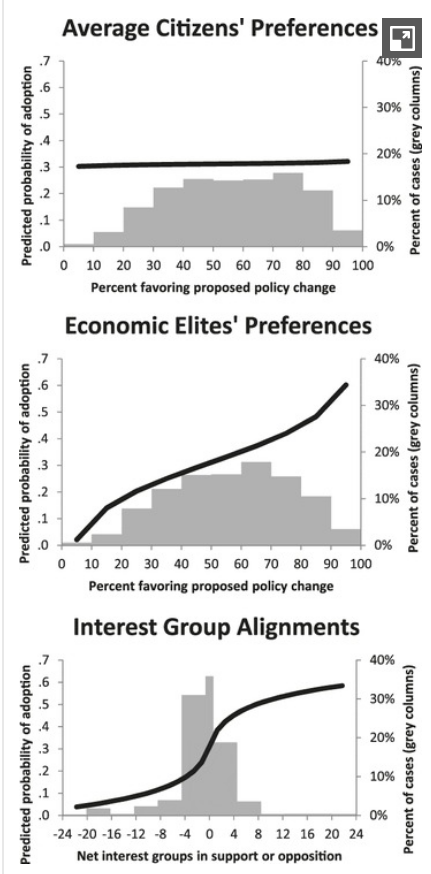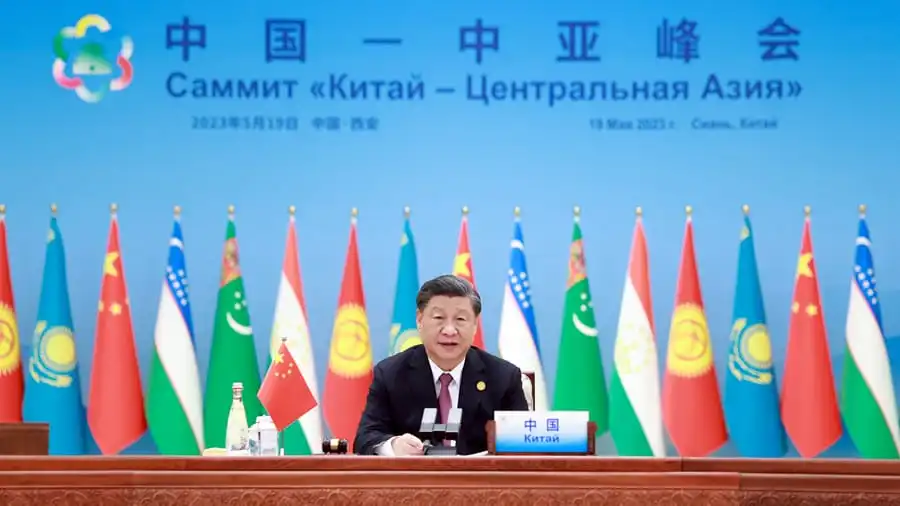Historically, legalisation and criminalisation have impacted the perception of morality for many people. Criminal behaviour is often more broadly perceived as harmful and restricted to those of poor character. The ruling class uses this principle to their advantage, allowing them to crack down on morally righteous behaviour while ignoring certain brands of theft from, and killing of, the poor and the working class.
The theft of surplus labour value for the gain of a few already wealthy individuals is perceived very differently than the theft from these same capitalist enterprises by those individuals so abused and alienated by the system that they are forced to engage in this behaviour to address their material circumstances, to live. The main reason capitalism can exist as it does; its particular types of deception and thievery have been shielded and normalised by legality. In contrast, other forms that are functionally equal have been branded criminal. This is equally the case when it comes to the ways by which the capitalist class maintains control over our representatives and institutions.
Give a politician $1 million; that's a bribe. Pay them the same amount for lunch; it's a "fundraiser"; put them in front of a podium, it's a "speaking fee". Capitalists have such a stranglehold on institutions and governments that they have legitimised their corruption and cronyism by legalising the process. Creating a false distinction between certain behaviours so they can crack down on one form, ignoring the other, and still give the appearance that corruption is being addressed.
In these nations, politicians regularly receive financial contributions, expensive gifts, lavish vacations and future job offers (once they leave office) from special interest groups and elites that do not represent the broad interests of the people. These special interest groups, in turn, draft laws and present their proposals to these politicians. The tendency is for these politicians to broadly adopt these policies regardless of what the people want.

Politicians provide these same lobbyist clients with tax breaks and corporate welfare programs, subsidising the refusal of these entities to adequately compensate their workers and contribute to the society that has allowed them to generate these vast sums of wealth.
These politicians are often directly invested in the same industries they are charged with regulating. Whether through the stock market or the direct ownership of businesses that would pose a conflict of interest.
But for many, this behaviour is considered somewhat different than "corruption" or bribery, but something different. Why? Because these individuals and special interest groups have adulterated our institutions to such a degree that we have legalised and, in many ways, normalised or legitimised their corruption.
Developing nations, where individuals and groups engage in this very same behaviour are generally perceived as more corrupt, both by their own populace and foreign entities, due to the fact that there is no formal system or institution backing the legitimacy of those engaging in these actions. This often means that corruption in these nations is addressed better than it would be in countries officially considered less corrupt.
Even larger, industrialised nations, such as China, are branded as more corrupt, based on Western standards and perception, "watchdog group" Transparency International ranked China 65th on the Corruption Perceptions Index (CPI) scale. In contrast, nations such as Canada, the U.S., France and the U.K. ranked: 14th, 24th, 21st, and 18th, respectively.
This is despite nations such as China taking corruption far more seriously on both the political and economic front. In the West, we've created a system where billionaires and the largest capitalist entities are protected from any requirement to contribute to society. We've allowed these institutions and individuals to drive public policy.
In fact, we see that even the weak anti-corruption legislation in nations such as the U.S. is not enforced. Large conglomerates like Facebook, Google, and Amazon flaunt antitrust laws, appearing before the legislature with no answers, with complete confidence that nothing will be done.

Wage theft, the most prominent form of theft by far in nations like the U.S., is hardly addressed; broadly speaking, workers have very little protection or recourse. In these nations, all institutions, including the police, the courts, the legislature, and essentially anyone meant to represent the people, only exist to serve their capitalist owners.
According to Marx, "the state… is truly a sphere for the fomentation of the most scandalous acts of corruption, of all the scandals of the bourgeoisie, and the arena for its total putrefaction.". Marx's work demonstrated how the state was established to dominate the working class through its system of laws, courts, judges, elected officials, police and military. Corruption is, therefore, inherent to the capitalist system, where profit and property are put above people, and anything that generates wealth for the ruling class is allowable.
Contrast this to China, where granted, we can find traces of this same type of capitalist corruption and cronyism. Still, things are addressed in a far different manner.
In recent years, at least half a dozen billionaires have vanished for extended periods following alleged encounters with the Communist Party in China. They may have been caught up in corruption, tax, or other wrongdoing investigations in a number of situations. China, in fact, puts the greatest social burden on its wealthiest citizens. This is because they operate under a system often referred to as capitalism with Chinese characteristics.
Under this system, a much more significant proportion of the profits gathered by capitalist institutions and wealthy individuals is garnished to fund large public programs. These programs have lifted up most of the Chinese population in the last few decades.
While these past decades have seen a lifting up of much of China's poor and rural populations, this is not the case on this side of the world. Rather, the poor and working class in the West have lost protections, rights, and benefits over the same period. This is much of why public opinion towards government institutions is so different in China than in the West.
Long-term public opinion surveys, even from Western institutions, have demonstrated high public approval for the federal government in China. 95.5 percent of respondents in 2016, the final year the study was conducted, said they were "somewhat satisfied" or "very satisfied" with Beijing. Meanwhile, 2022 Gallup polling shows that 32% of Americans are very or somewhat satisfied with the federal government and that only 30% are very or somewhat satisfied with the system of government and "how well it works".
Denmark ranked #1 on the CPI scale, regardless of the widespread presence of capitalist financial corruption. Just a few years ago, Danske Bank - one of Denmark's largest banks, was found to have facilitated what has been considered the "largest money laundering scandal in history". They faced no consequences for their behaviour and are still in operation today.
In their conflict with the working class, the political and economic forces of capitalism are not only armed with weapons like firearms, money, and attorneys but also with ideologies. Political corruption is among the most essential concepts and contributes to the stability of bourgeois society as a whole. In the most capitalist nations, like Denmark, this corruption runs so deep that those engaging in it have such control over the system that their behaviour has been whitewashed to the point that they can be considered the least corrupt nation in the world.
As a function of their ownership of our institutions, the capitalist class will never truly be held accountable for their attempts to profiteer or further taint the system in their favour, whether they operate within the bounds of the law, on the cusp of legality, or outright in violation of existing laws.
Only a revolutionary movement equally ready to work outside these bourgeois institutions will ever successfully secure workers what they truly deserve. Just as the capitalist class does anything they have to, including ignoring laws made by the system that is already in their favour, to take from workers and deny us our most basic rights, an authentic leftist movement must do the same to take from the ruling class and give back to the people.






